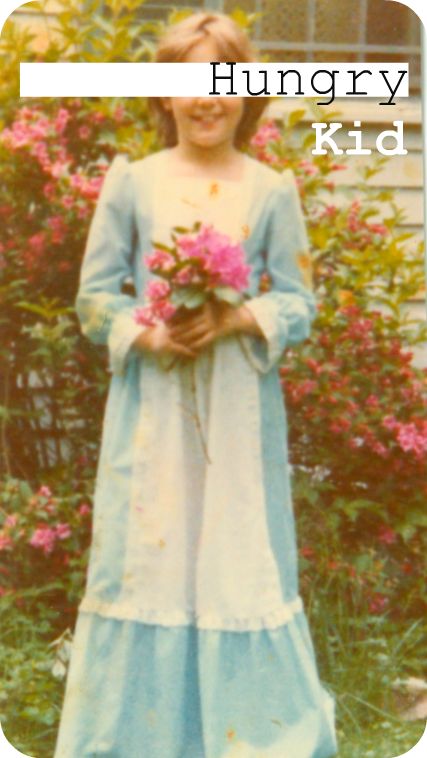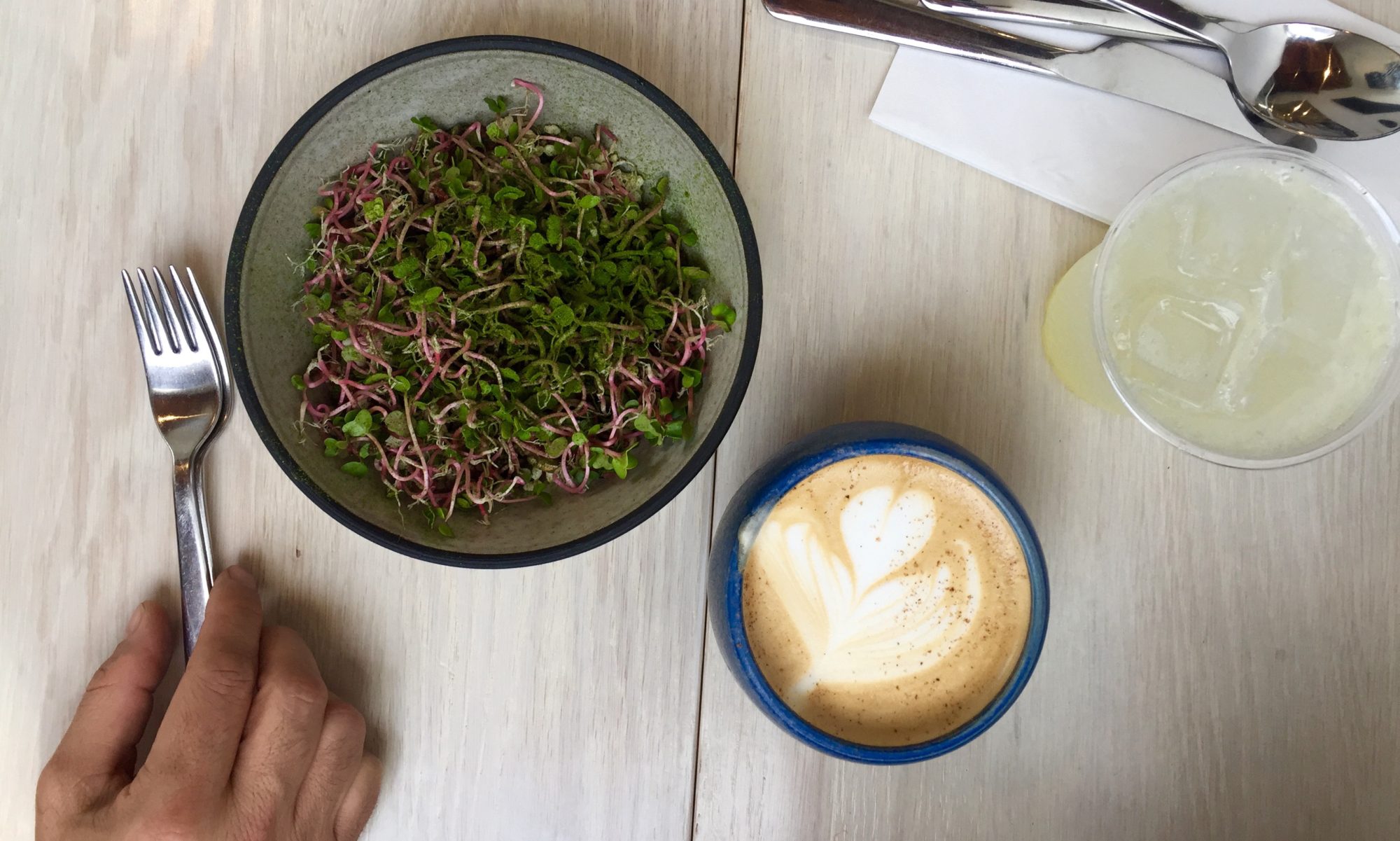 Hunger is a powerful thing. In a country where status and positioning get valued above happiness, shame can be even more powerful. Shame has a way of hardening up like a thousand pound bead of amber that drops through the depths of your heart and deposits itself on the very bottom of you. It’s still there but it can no longer be seen. It’s only until you bring shame to the surface and deal with it, that you can let it go.
Hunger is a powerful thing. In a country where status and positioning get valued above happiness, shame can be even more powerful. Shame has a way of hardening up like a thousand pound bead of amber that drops through the depths of your heart and deposits itself on the very bottom of you. It’s still there but it can no longer be seen. It’s only until you bring shame to the surface and deal with it, that you can let it go.
Shame can stop you from doing things. It can stop you from admitting to doing something wrong. Or even telling the truth about something you did right. Shame may be the main reason why childhood hunger is such a huge problem. Struggling families with kids feel so much shame they don’t take the help that’s available to them. Often, shame trumps the pain of hunger.
My most recent post about Share Our Strength (an organization looking to eradicate childhood hunger in America) wasn’t as honest as it could have been. I let deadlines take precedence over the need to be honest. I did a little research, quoted a few good stats, and attached a recipe. Infused vodka makes a very nice gift. That’s enough, right?
The thing is, I was afraid to tell the truth. I was once a hungry kid.
I hesitate to write this for fear of hurting anyone in my family. Yes, I was hungry once. No, I wasn’t hungry for long stretches of time. But the pain of being hungry as a child and powerlessness I felt because of it, marked me. Neglect lived everywhere in my childhood home. But nothing affected me as much as the neglect I experienced in the kitchen.
That’s why I’m taking the time to circle back, get humble, and open myself up to the honest truth. Because, in order for me to do the work that I’m supposed to do in service and in writing, I need to be vulnerable and honest in everything I put down on the page.
Luckily, I don’t have lots of memories of being hungry. But one day in particular–the day I tried to get help—sticks with me. It sticks with me because the cry for help was ignored and judged by a trusted neighbor.
